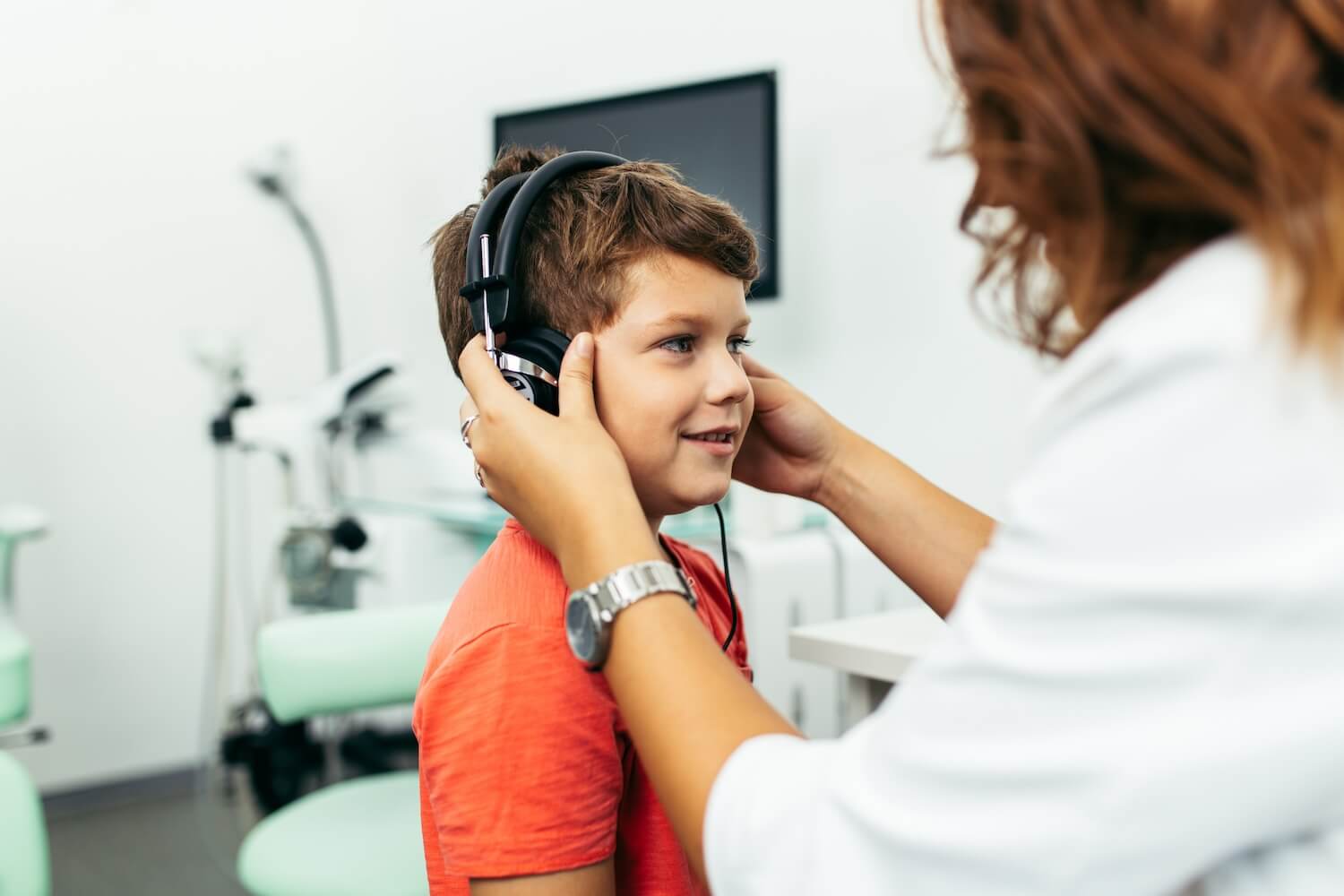Auditory Processing Disorder
Auditory processing disorder is a type of hearing difficulty where the brain doesn't process sounds in the usual way. Unlike hearing loss, which is a problem with the ear's structure, APD is a problem with how the brain understands sounds. Individuals with APD may not perceive subtle differences in sounds of words, even though the sounds are loud and clear. This difficulty is often more noticeable in noisy or challenging listening environments or when listening to complex information.
Impact of APD
The impact of APD extends beyond mere hearing difficulties. It can affect various aspects of life, including communication, learning, and social interactions. Individuals with APD often struggle with understanding spoken words, especially in noisy environments or when multiple people are talking. This can lead to misunderstandings and frustrations, impacting their ability to interact effectively with others. APD can also interfere with learning, particularly reading, spelling, and language-based tasks.
Recognizing the Symptoms of APD
Recognizing the symptoms of APD is crucial for early intervention and management of the disorder. People with APD often report difficulty hearing in background noise, in rooms that reverberate, or other less-than-ideal listening situations. They often need more time to process auditory instructions, and they may 'mishear' information, relying on visual cues to fill in the missing auditory information.
Indicative Signs
The indicative signs of APD can vary greatly among individuals. However, some common symptoms include:
- Difficulty locating where a sound is coming from
- Trouble understanding words spoken quickly or in a noisy environment
- Difficulty paying attention, especially to spoken information
- Struggles with reading and spelling
- Difficulty following complex or multi-step instructions
- Issues with learning a new language or appreciating music
- Slow response to spoken information
When to Seek Professional Help
If you or a loved one are experiencing difficulty hearing or understanding what you hear, it's advisable to consult a healthcare professional. Early diagnosis can set the stage for effective management strategies, reducing the disorder's impact on quality of life.
Diagnosis of APD
Diagnosing APD involves a series of specialized hearing tests that can be conducted by an audiologist. These tests are designed to assess how the brain processes different sounds and respond to them. The results can provide valuable insights into the individual's hearing capabilities and the extent of the auditory processing disorder.

Treatment and Management of APD
While there's no cure for APD, various strategies can help manage the condition, improving the individual's ability to process and understand sounds. These approaches can include:
- Classroom support: Tools like an FM system can help children with APD hear their teacher more clearly. Teachers can also implement strategies like seating the child toward the front of the class and reducing background noise.
- Skill development: Enhancing other skills like memory, problem-solving, and learning can help individuals cope better with APD.
- APD Therapy: APD therapy can help improve sound recognition and conversational skills. Reading support focusing on the areas of difficulty can also be beneficial.
APD Testing & Therapy in Sheridan
Auditory Processing Disorder (APD) is a complex condition that can affect various aspects of an individual's life. However, with early diagnosis and effective management strategies, individuals with APD can lead fulfilling lives. At Ebia Hearing & Sound, we are dedicated to helping you navigate this journey. Our team of experts, with their extensive experience and knowledge, provides the support and guidance you need to manage APD effectively. We're here to help you every step of the way.
To schedule an APD appointment, contact us today!